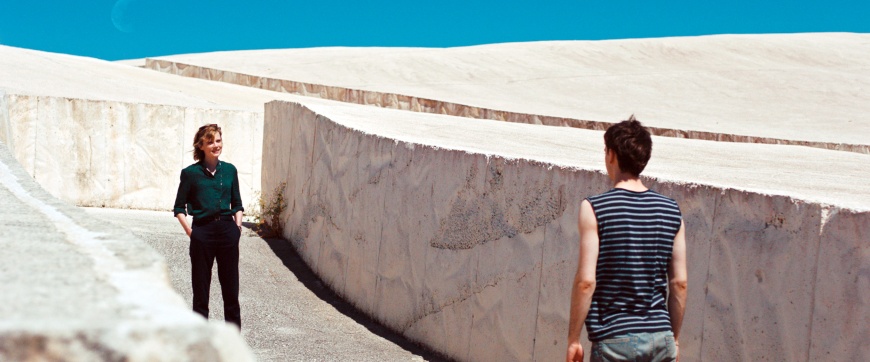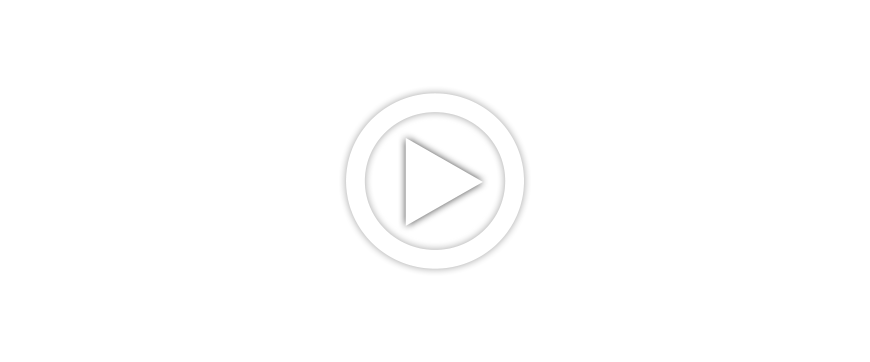Interview director
In dialogue with director Lionel Baier
Why is the film set in 2020?
I started working on the script in 2014, shortly after the first major migration crisis in the Mediterranean. I visited Italy and Greece to see how "reception" was actually happening on European soil. At that time, the character of Nathalie was a British woman working for the European Union. Then came the Brexit, the closure of the Italian ports and Corona! Between 2016 and 2021, my co-writer Laurent Larivière and I were constantly on the hunt for events that were always one step ahead of fiction. If we had shot the film in 2022, we would have had to include Putin's war. We decided to set the action in 2020 because that year is so iconic that everyone remembers it. After all, we talk about the time before and the time after Corona, just as we used to talk about the time before and the time after the war. Everyone remembers what they were doing just before the pandemic.
The pandemic breaks out at the end of the movie....
Yes, there is a tragicomic effect that jolts the film in our eyes one last time, so we avoid the full happy ending. Given the theme of migration that runs through the film, that might have been a bit inappropriate.
So why combine the comedy and drama genres?
That was the gamble of "Nathalie and Overcoming Borders." When I visited Moria in Greece to observe the European staff at work, I was perplexed by the dramatic absurdity that prevailed there. Rubber dinghies washed up on the coast of Lesbos, slashed open by an employee so they could not be used for another crossing from Turkey, visible to the naked eye across the water. TV stations fought for exclusive live pictures of the arriving migrants, picking out the most conspicuous ones. Tourists from all over Europe included a visit to the camp in their stay on the island to catch a glimpse of the migrants behind the barbed wire. There was something pathetic and shameful about this. Since comedy is the "polite" genre of cinematography, I thought it was better to try to be funny instead of desperate.
How did the subplot between Nathalie, played by Isabelle Carré, and her son Albert, played by Théodore Pellerin, fit in?
As an upstanding European, I followed the lesson of the Greeks and Rossellini: Reduce the problems that run through civilizations to personal problems! The "Iliad" or "Journey in Italy" are stories about a family or a couple that at the same time problematize a state of the world. And then I remember the girl who waved the European flag in front of the pyramid of the Louvre on the evening of the election of Emmanuel Macron in 2017. When a journalist asked her why, she replied, "Europe is mom!" This made me smile and wonder who this "mama" was. In what way was she there for her children? Or did her children blame her for everything that went wrong, as one does so lightly with one's own mother? So we have the Franco-German duo fighting for supremacy, and a Europe that is not living up to its children's expectations.
Might this idea not seem a bit theoretical?
Of course not, if you are lucky enough to have Isabelle Carré, Théodore Pellerin, Ursina Lardi and Tom Villa in your cast. It's nice to bring together members of such diverse film families. Isabelle Carré is an actress of absolute elegance, bursting with ideas and always listening to her partners. She reminds me of Miriam Hopkins: she is dynamic and copes wonderfully with setbacks. Théodore Pellerin caught my eye in "Genèse" by Philippe Lesage. When his photo appeared among the French actors who could play Albert, I immediately wanted to meet him. Working with him is a rare pleasure, where the audacity of youth is combined with the strength of experience.
This is the third film in a tetralogy....
Yes, I have already shot "Comme des voleurs (in the East)" in Poland, "Les Grandes ondes (in the West)" in Portugal, and one day there will be "Keek (in the North)" in Scotland. If there is one thing I believe in, it is the construction of Europe. In my eyes, it is the only bulwark against barbarism and nationalism, which I abhor. Since the European Union is a democratic space, it is our duty to question it, to make fun of it and to criticize it. But I firmly and sincerely believe in Europe and even in its bureaucracy! It is the lesser evil compared to the war and the destructions of the past.
At the end of the film, an amateur actress also makes an appearance....
I wouldn't say that Elisabeth Owona is an amateur, but that she is just getting started as an actress. Her character is based on her own experiences: She comes from Cameroon, has crossed the sea in an inflatable boat and experienced the camps in Italy. When we went to Catania for the casting, she came with a list of demands. Either she brought them to "Nathalie and Overcoming Borders" or she would not be in the film. Her strength and determination amazed me. And since the film is about courage, it would have been a shame not to let Elisabeth have her say. Moreover, by intervening, she puts everyone in their place, including the director and the audience.




